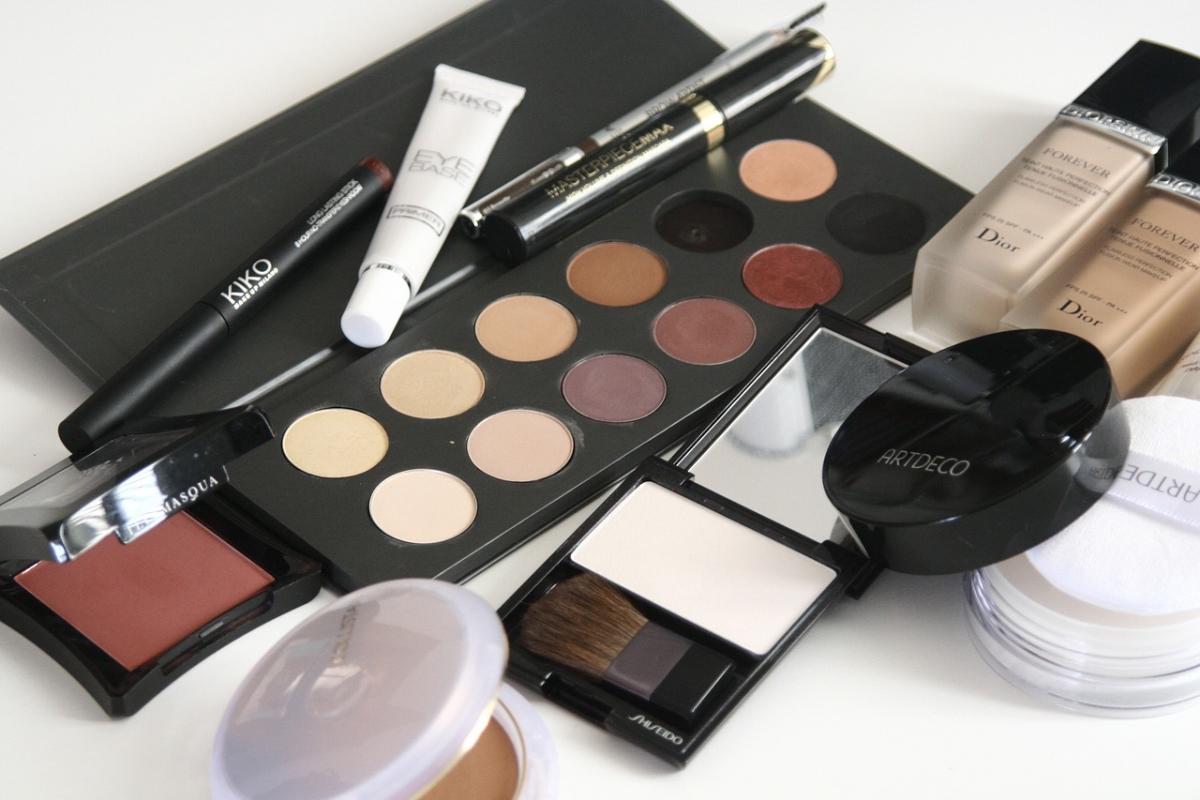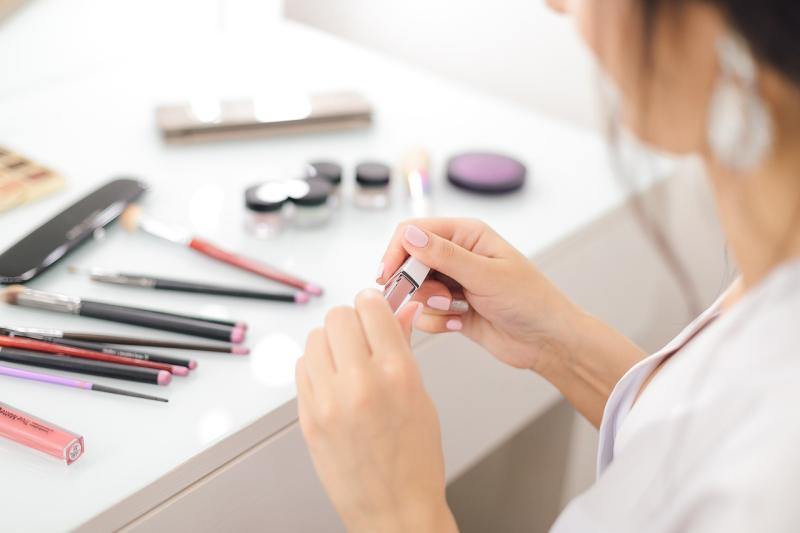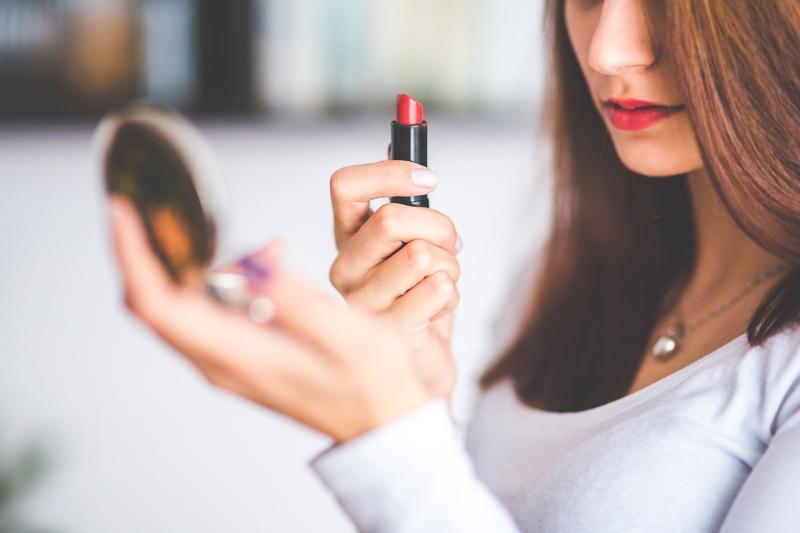When it comes to makeup, many of us want products that not only look good but also keep our skin safe and healthy. That's where organic makeup comes in. These products are made from natural ingredients that are often better for your skin than those found in conventional makeup. They tend to be free from harsh chemicals, synthetic dyes, and artificial fragrances that can irritate your skin or even cause breakouts.
Organic makeup usually features plant-based ingredients, minerals, and essential oils. Because it focuses on gentler substances, many people with sensitive skin find that organic choices cause fewer reactions. If you struggle with redness or discomfort when using typical makeup, switching to organic might just be the perfect solution for you.
Another perk of organic makeup is its eco-friendliness. Many brands prioritize sustainability and ethical sourcing, which means you're supporting practices that are kinder to the planet. If being environmentally conscious is important to you, choosing organic can align with your values while keeping your beauty routine top-notch.
When selecting organic makeup, it’s key to read the ingredient list. Just because a product claims to be organic doesn't mean it’s automatically good for you. Look for certifications and make sure there are no hidden chemicals. And remember, trial and error is part of the process! Finding the right organic foundation, lipstick, or mascara may take some time, but your skin will thank you in the long run.
Benefits of Conventional Makeup You Should Know
When it comes to makeup, conventional products have some solid perks that are worth noting. First up, many of them are easy to find. You can pop into your local drugstore or beauty shop and pick up everything from foundations to eyeshadows without any hassle.
Another big plus is the range of options available. Conventional makeup brands often offer a wide variety of colors and finishes. Whether you’re into matte lipstick or sparkly eyeshadow, there’s something for everyone. This variety allows you to express your unique style and experiment with different looks.
Don't forget about the staying power! Many conventional products are designed to last throughout the day. If you’re busy and don’t have time for frequent touch-ups, you’ll find that these formulas hold up quite well. Plus, they often come with additional benefits like water-resistance or long-wear formulas.
Let’s not overlook the price point either. Conventional makeup tends to be more wallet-friendly than many organic options. If you’re on a budget, you can still find quality products that perform well without breaking the bank.
Lastly, conventional makeup brands frequently conduct extensive testing to ensure their products are effective and safe for all skin types. This means you can have confidence in the performance and safety of the makeup you're using.
How to Decide What’s Right for You
Deciding between organic makeup and conventional makeup can feel a bit overwhelming. With so many options out there, it’s important to take a step back and think about what matters most to you. Here are a few key points to consider that can help you make the best choice for your needs.
First up, think about your skin type. If you have sensitive skin or are prone to breakouts, organic makeup might be the way to go. It typically contains fewer harsh chemicals, which can help prevent irritation. On the other hand, if you have skin that’s more resistant, you might find conventional makeup gives you the coverage and staying power you desire.
Next, consider your values. Are you someone who prioritizes eco-friendliness and natural ingredients? If so, organic makeup is made from ingredients sourced from nature and is often cruelty-free. Conventional products may not always provide those assurances, so keep that in mind if sustainability is on your list of must-haves.
Finally, think about your budget. Generally, organic makeup can be a bit pricier than conventional options. If you’re on a budget but still want to explore organic brands, try starting with smaller items, like a tinted moisturizer or a lip balm. This way, you can test the waters without committing to a full routine.
Stay true to what feels right for you! Whether you lean towards organic or prefer traditional products, take your time to experiment and find what works best for your lifestyle and preferences.
Top Tips for Transitioning to Organic Makeup
Thinking about making the jump to organic makeup? You're not alone! Many people are choosing organic products for their skincare routine. Here are some great tips to help you transition smoothly.
1. Start Slow
If you’re used to conventional makeup, it might feel overwhelming to switch all at once. Begin with a few key products, like foundation or lipstick, and see how your skin reacts. Once you feel comfortable, you can swap out more items in your makeup bag.
2. Check Ingredients
Not all organic makeup is created equal. Take a peek at the ingredient list! Look for products that are genuinely organic and avoid those with synthetic fillers or preservatives. Ingredients like essential oils and natural minerals are great signposts for quality.
3. Test for Allergies
Just because it’s organic doesn’t mean it’s always hypoallergenic. Test new products on a small patch of skin to ensure they won’t irritate you. This simple step can save you from potential breakouts or reactions!
4. Embrace the Learning Curve
Organic makeup might apply or wear differently than what you’re used to. Don’t get discouraged! It may take a little practice to find the right techniques and which formulas work best for your skin type.



